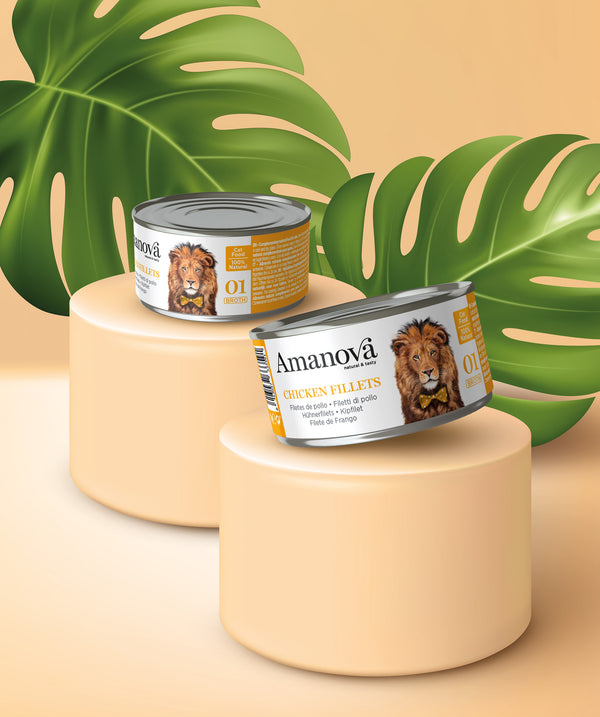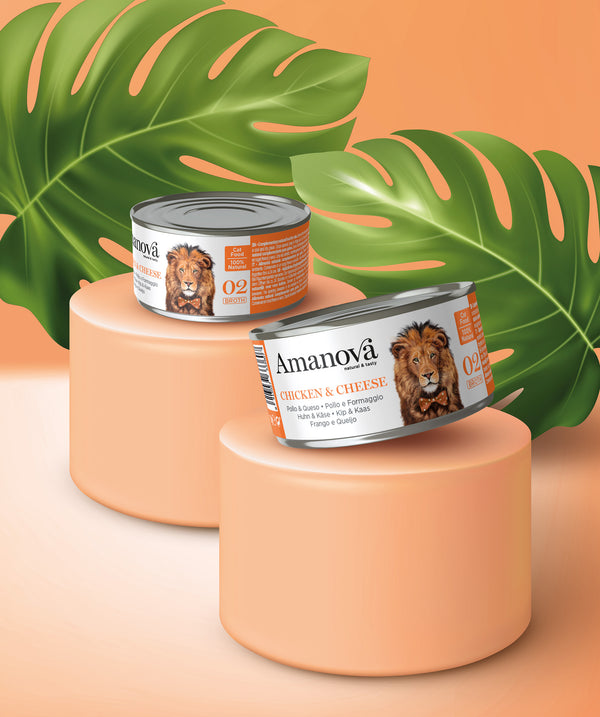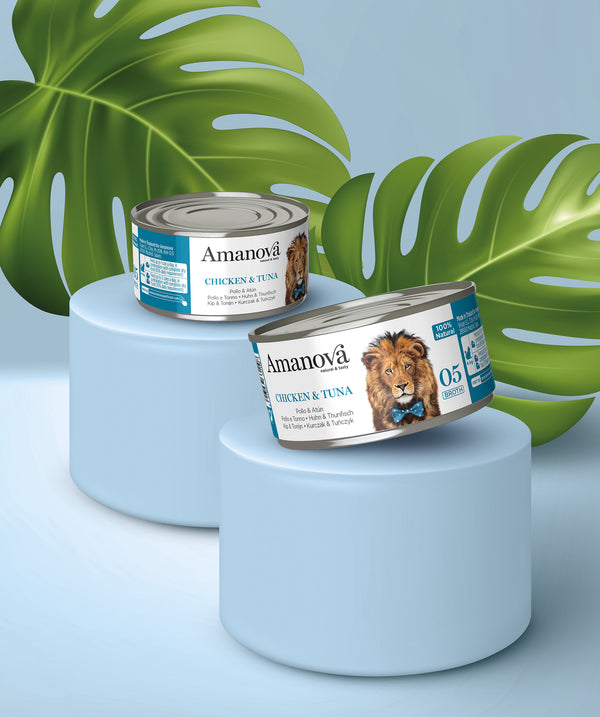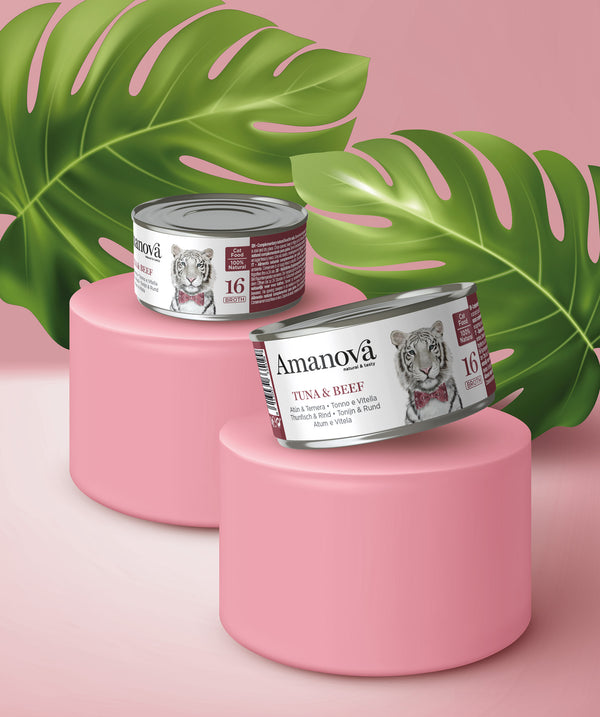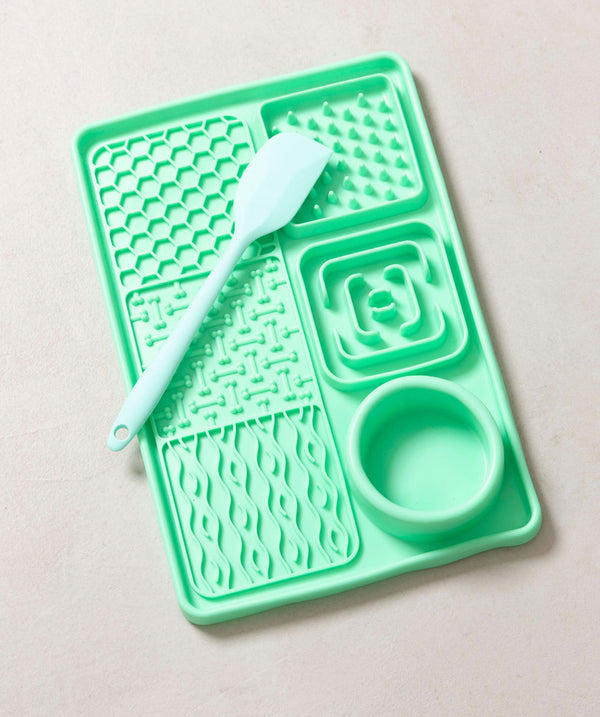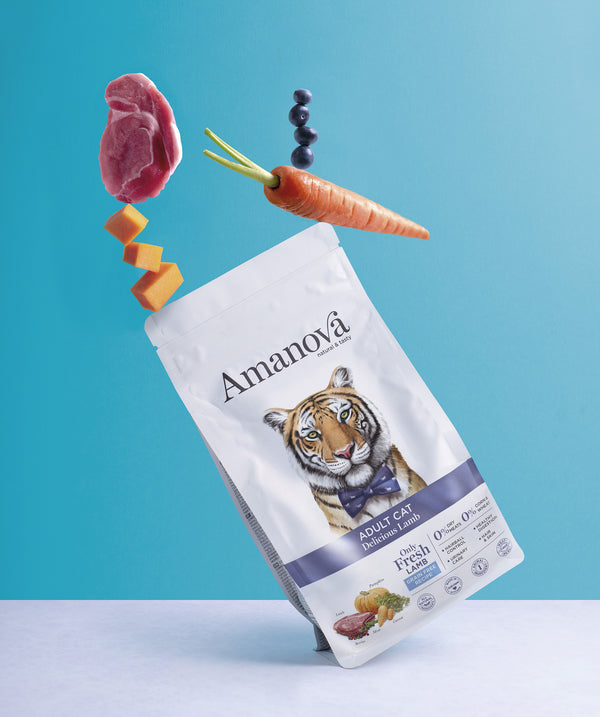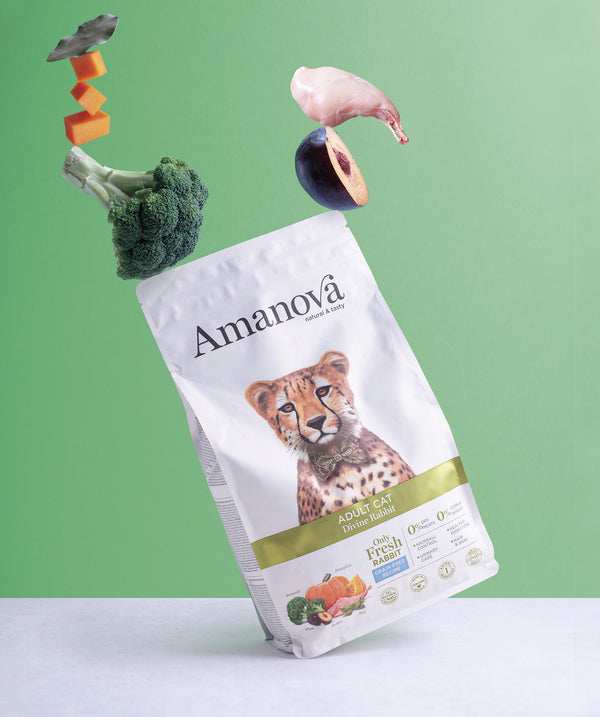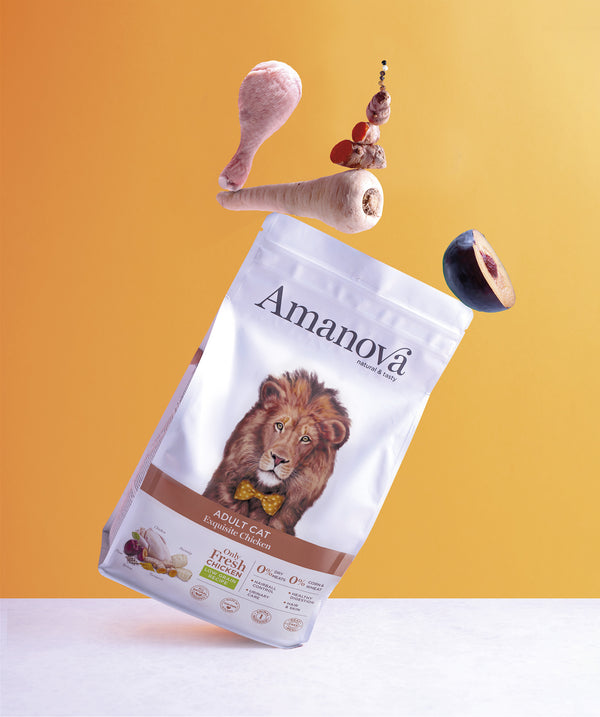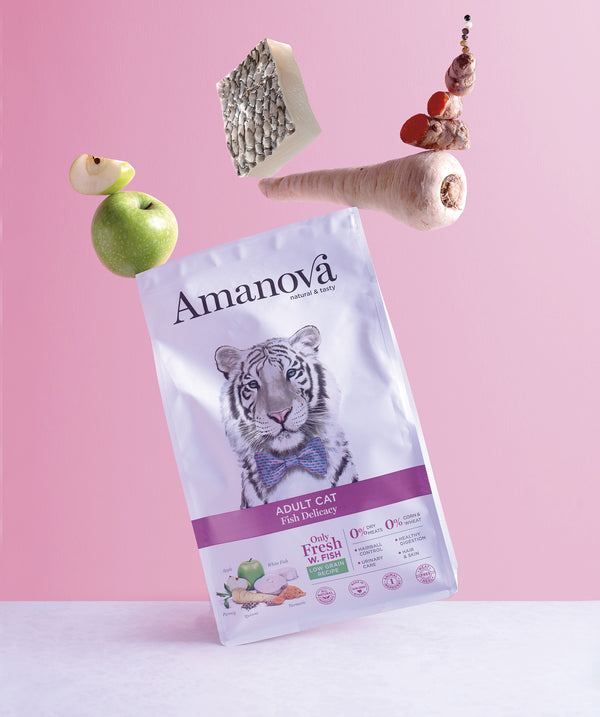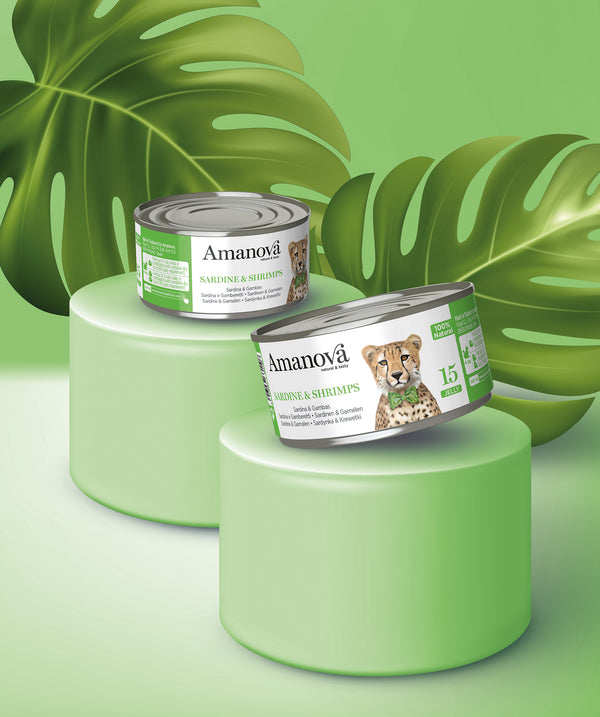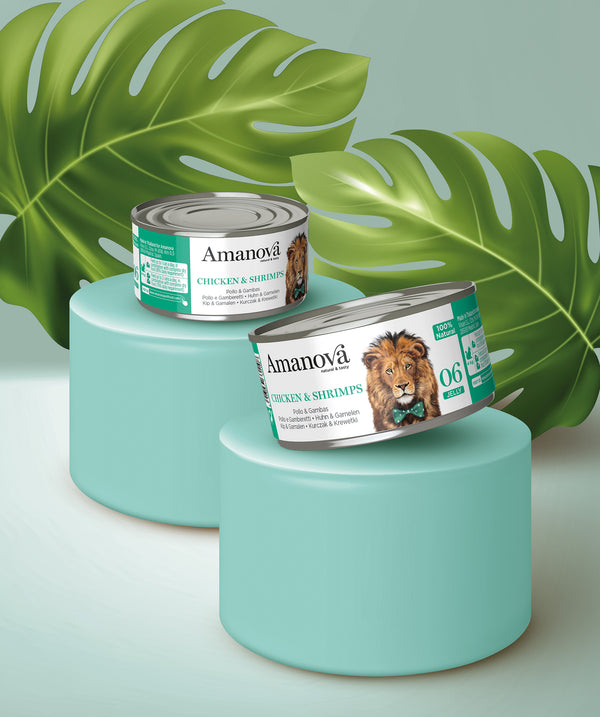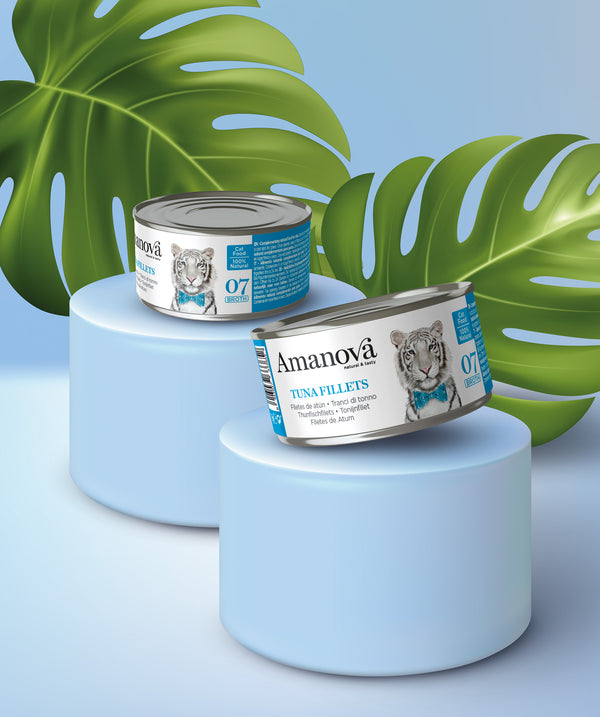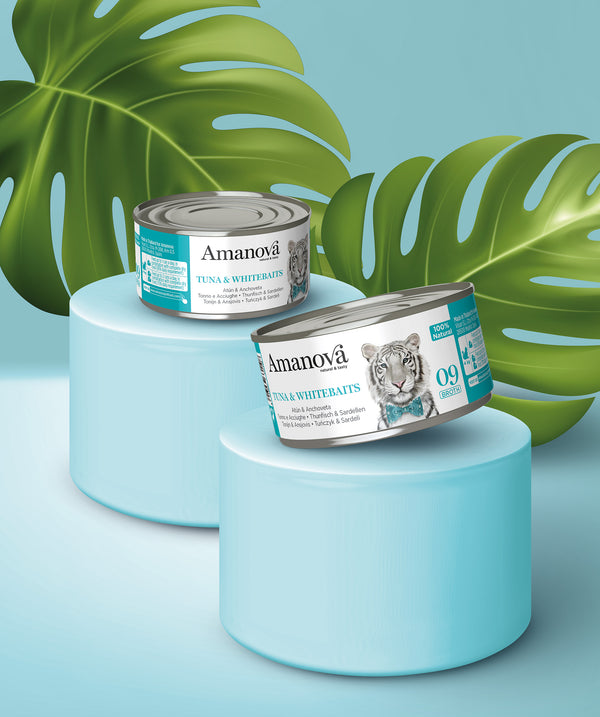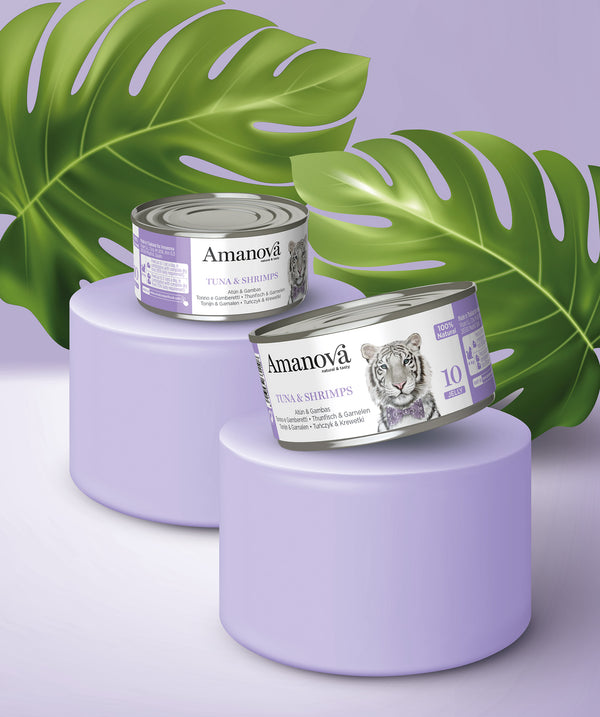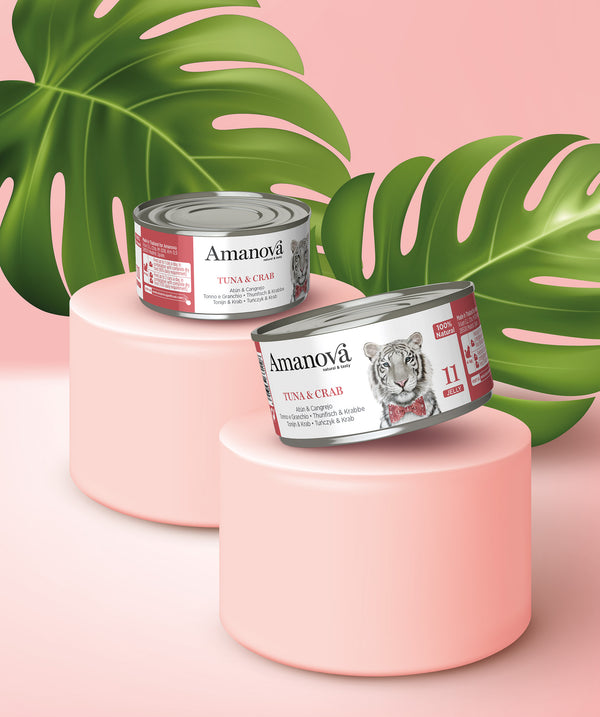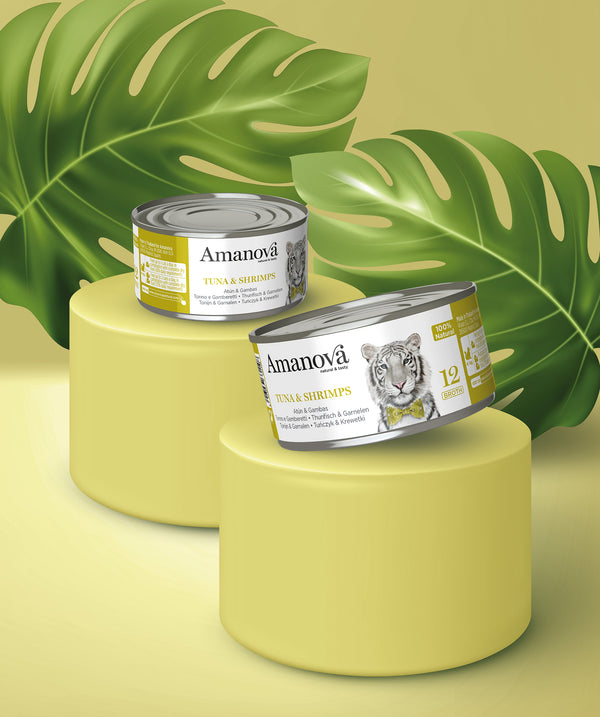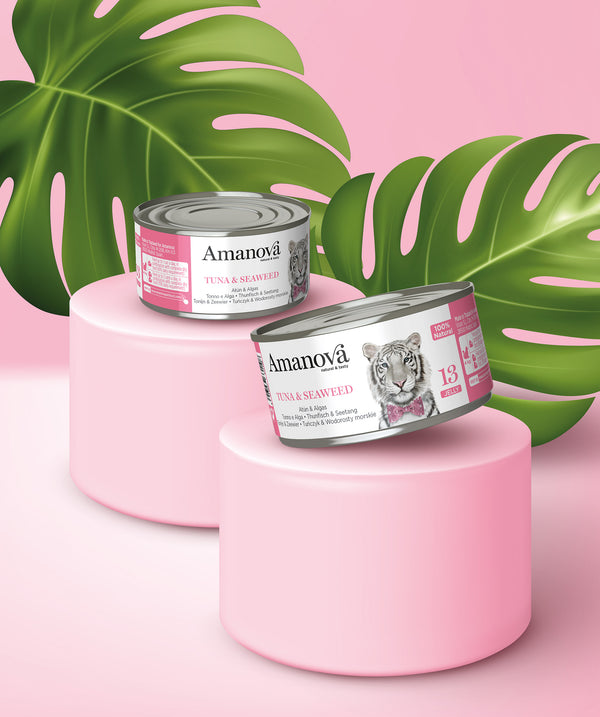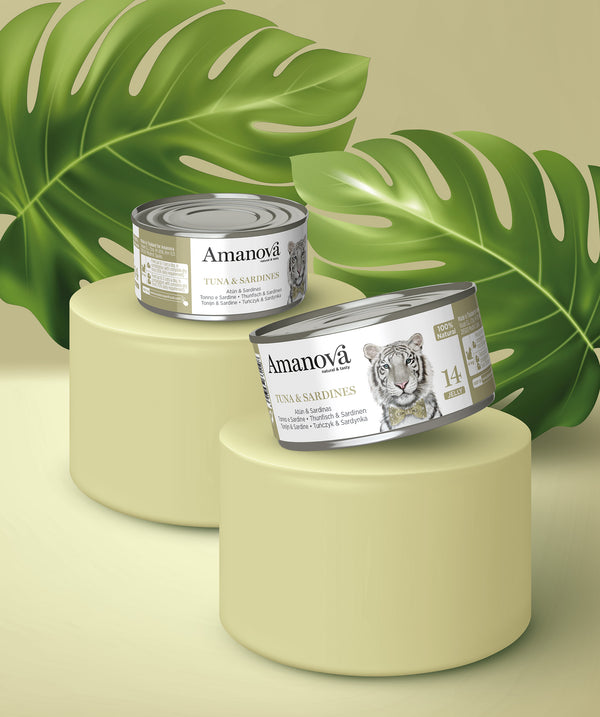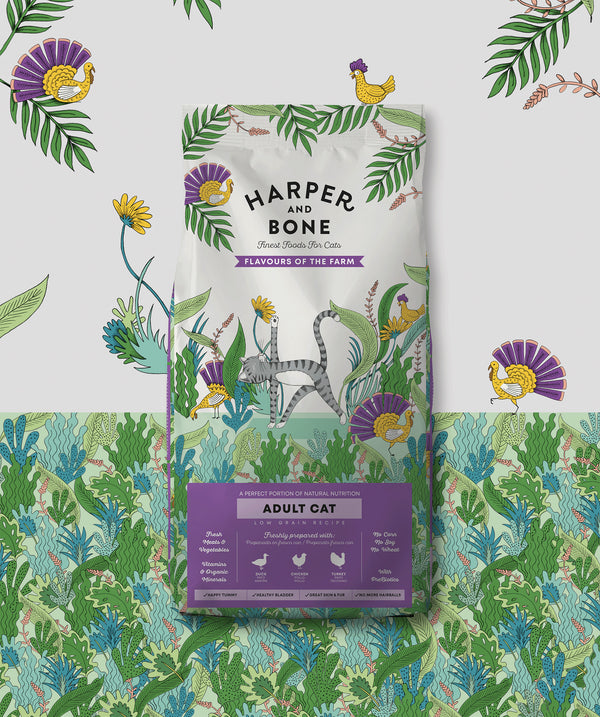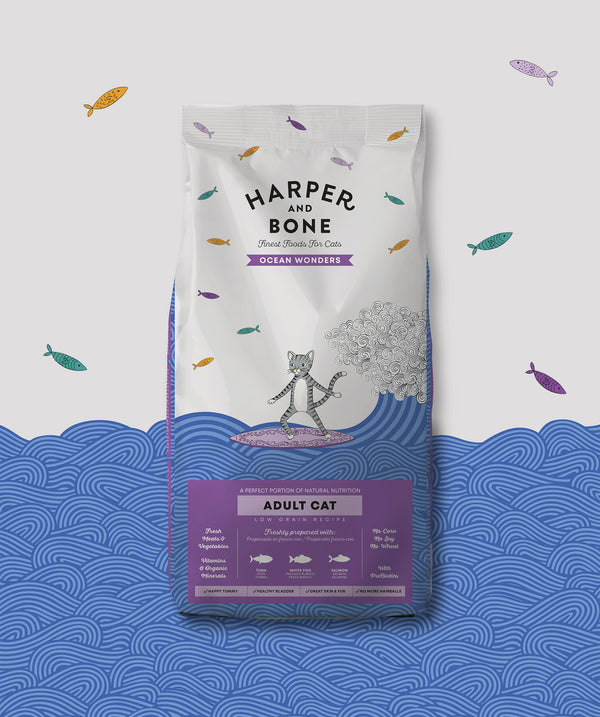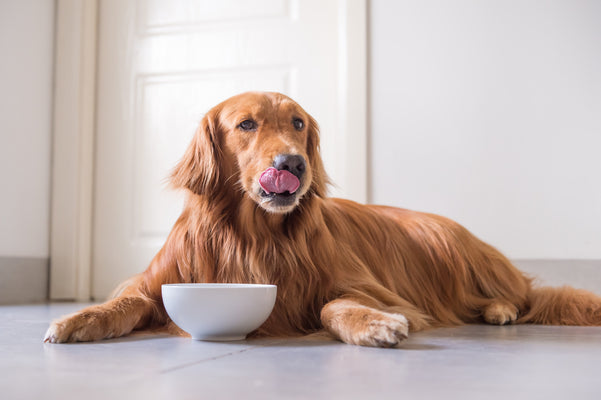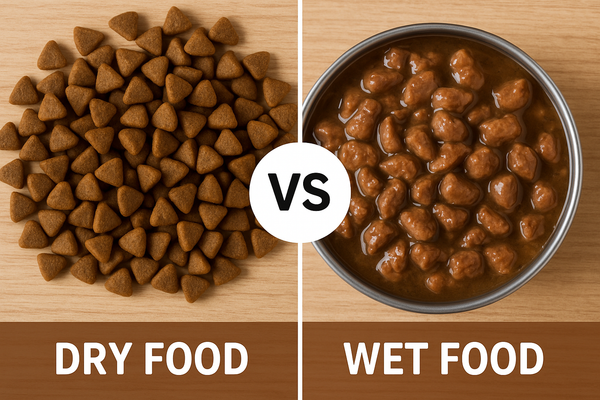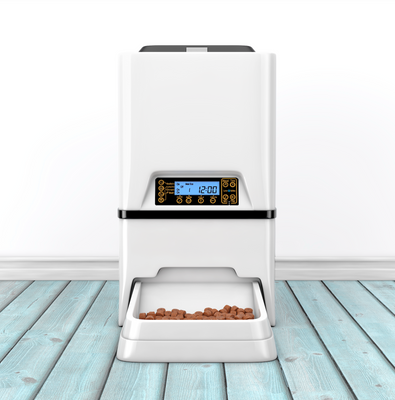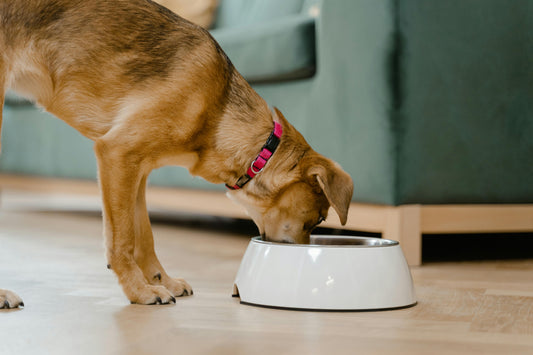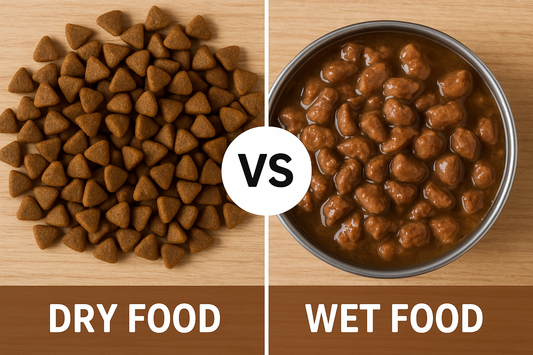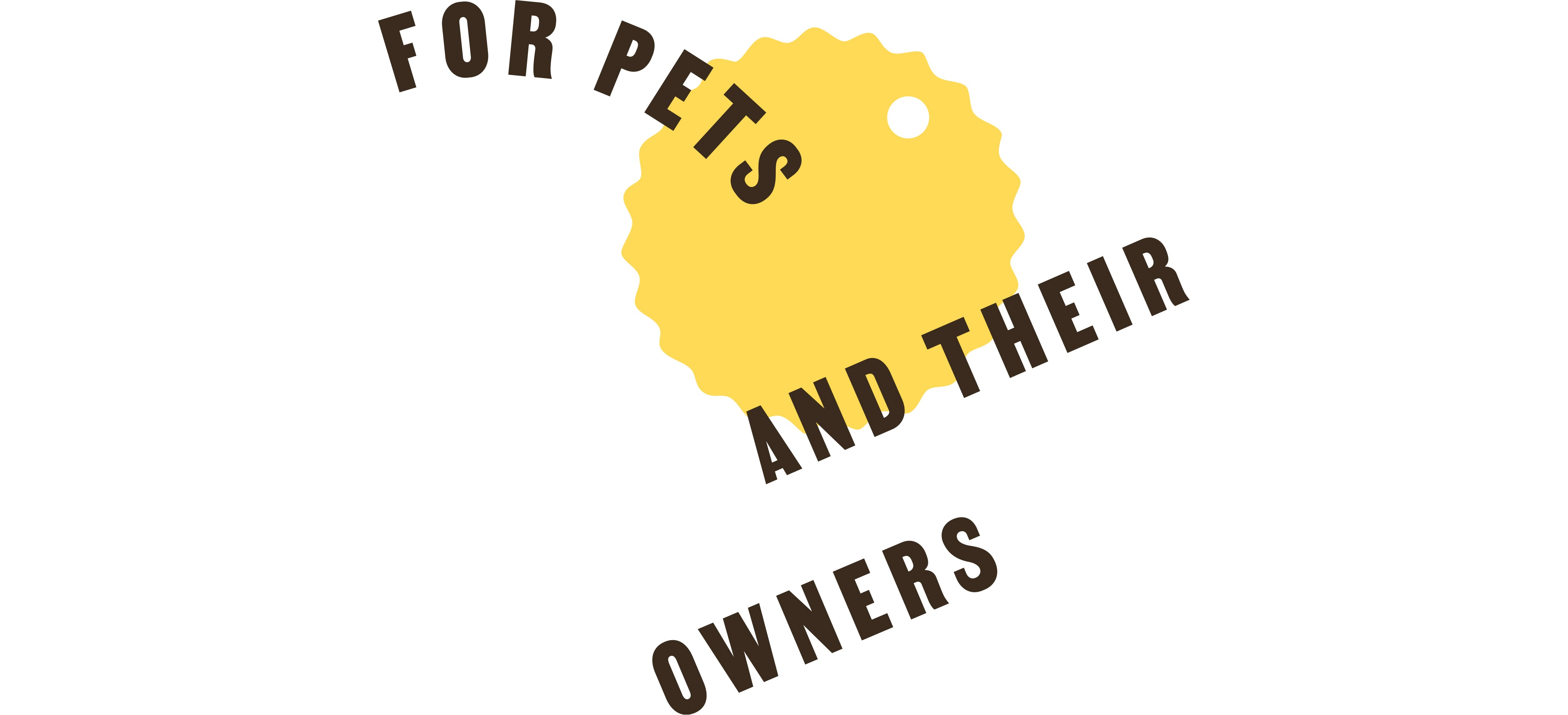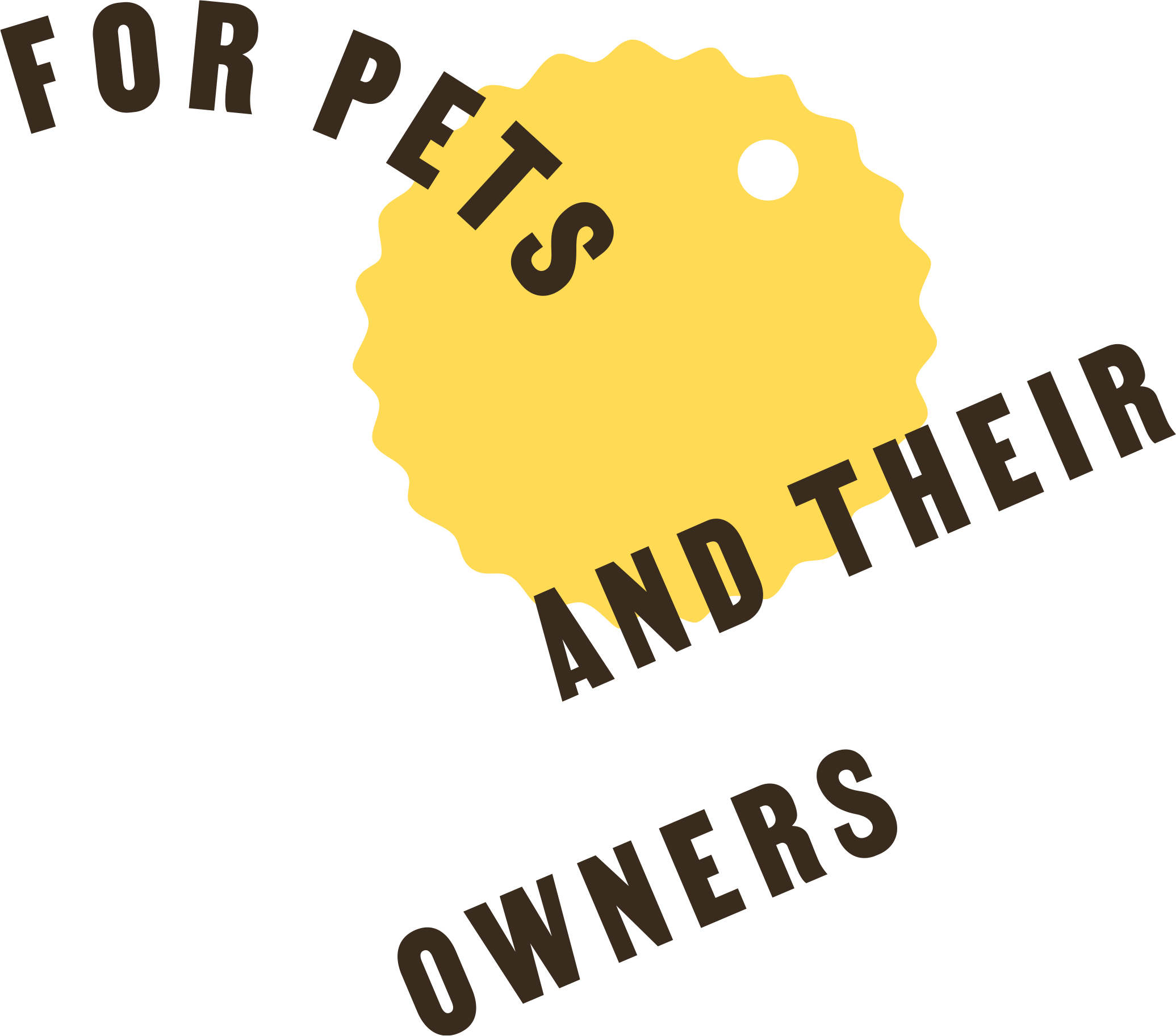Discover a wide variety of beneficial foods for dogs and share with your pet some of the treats you enjoy yourself. However, it is important to keep in mind that every dog is different. Therefore, there may be certain foods that don’t sit well with your dog, even if they are considered healthy. So, introduce new foods gradually and observe whether your furry friend digests them properly.
Beneficial foods for dogs
Here is a selection of some beneficial foods for dogs that can help complement their kibble-based diet:
Fish
- Sardines. High in fatty acids and omega-3, which help strengthen the immune system and joint health. It’s best to avoid canned sardines and steer clear of oils or additives.
- Salmon. Also an excellent source of fatty acids and omega-3. Raw salmon may contain parasites. Therefore, it should be cooked or, if served raw, frozen beforehand. Salmon skin is very fatty and should be removed.
- Tuna. Provides high-quality protein. You can offer it cooked or raw, but if raw, it should be frozen first. However, as with sardines, it’s best to avoid canned tuna. Due to its high mercury content, tuna should only be given occasionally.
Lean meat
Although dogs can eat almost any kind of meat, lean meat is recommended due to its lower fat content. It also provides a diet rich in amino acids and vitamin B. Cooking the meat is recommended to prevent foodborne illness.
Vegetables
- Carrot. Contains beta-carotene and vitamins A, C, D, E, and B. It can be cooked, but nutrients are best preserved when raw. Raw carrots also help clean your dog’s teeth.
- Pumpkin. Rich in fiber, beta-carotene, and vitamins A, C, and K. It is low in calories and helps fight diarrhea and colds. Can be served raw or cooked.
- Sweet potato. Provides carbohydrates with a low glycemic index, making it preferable to regular potatoes.
- Celery. A source of calcium, sodium, and vitamins A, B, and C. Helps regulate high blood pressure and improves heart health.
- Swiss chard. Rich in magnesium, iron, potassium, calcium, and vitamins A, C, and E. It should be boiled to reduce oxalate content.
- Kale. High in antioxidants that help fight free radicals. It also supports digestive health and skin care. Like chard, it should be cooked to reduce components such as thiocyanate.
Fruits
- Pear. Rich in potassium, magnesium, and vitamins C and A, and a great source of fiber.
- Kiwi. An excellent source of vitamins C, E, and K.
- Coconut. Contains lauric acid, which helps combat bacteria and pathogenic viruses. However, due to its high fat content, it is not recommended for dogs needing weight control.
Others
- Eggs. Provide a high amount of protein, as well as calcium and vitamins A, B, and D. You can give your pet the white, yolk, and even the shell. Limit to 1–2 eggs per week.
- Yogurt. Acts as a probiotic, as well as being a source of calcium and protein. Choose plain yogurts without flavors, colorings, sugar, or additives.
- Seaweed. A wide variety of seaweeds are suitable for dogs and provide different nutrients. Examples include Spirulina, Nori, Chlorella, and Ascophyllum Nodosum.
Consult your veterinarian
Although these are generally beneficial foods for dogs, if your furry friend suffers from any health condition, you should consult your veterinarian about the right diet. Likewise, visit a professional if you notice that any food causes an allergic reaction in your pet.

